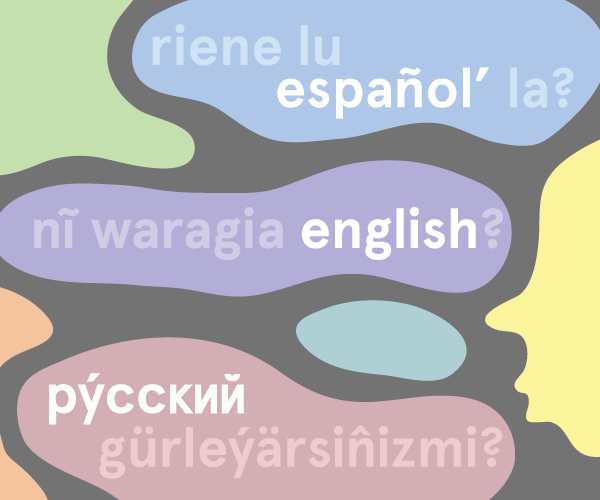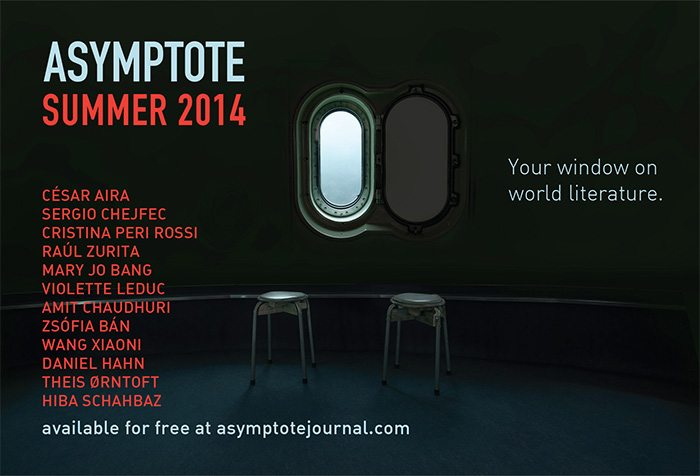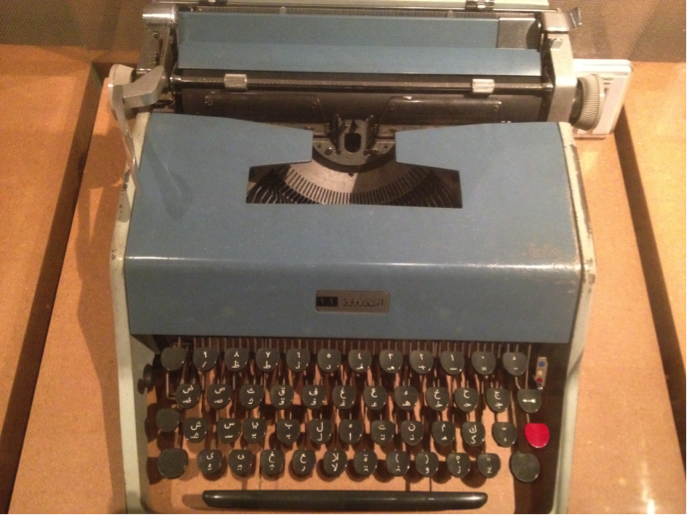I came back from the American Literary Translators Association conference with plenty of memories and anecdotes. This was my first visit to Milwaukee, and I hardly saw any of the city: that’s how appealing the panels, readings, and after-hours activities were.
I got to know the interior of the Hilton City Center pretty well as I moved from readings to panels to award ceremonies to never-ending discussions over delicious local beer. I was moved by the different styles and languages of ALTA fellows, including our former assistant editor Megan Berkobien (Catalan). I was deeply inspired by the innovation of the ongoing bilingual reading sessions, where I envisioned Scandinavian hospital scenes translated by Roger Greenwald, a Russian animal revolution translated by Tanya Paperny, and a Sophocles play by Kayne Cheshire reimagined in the American West.












